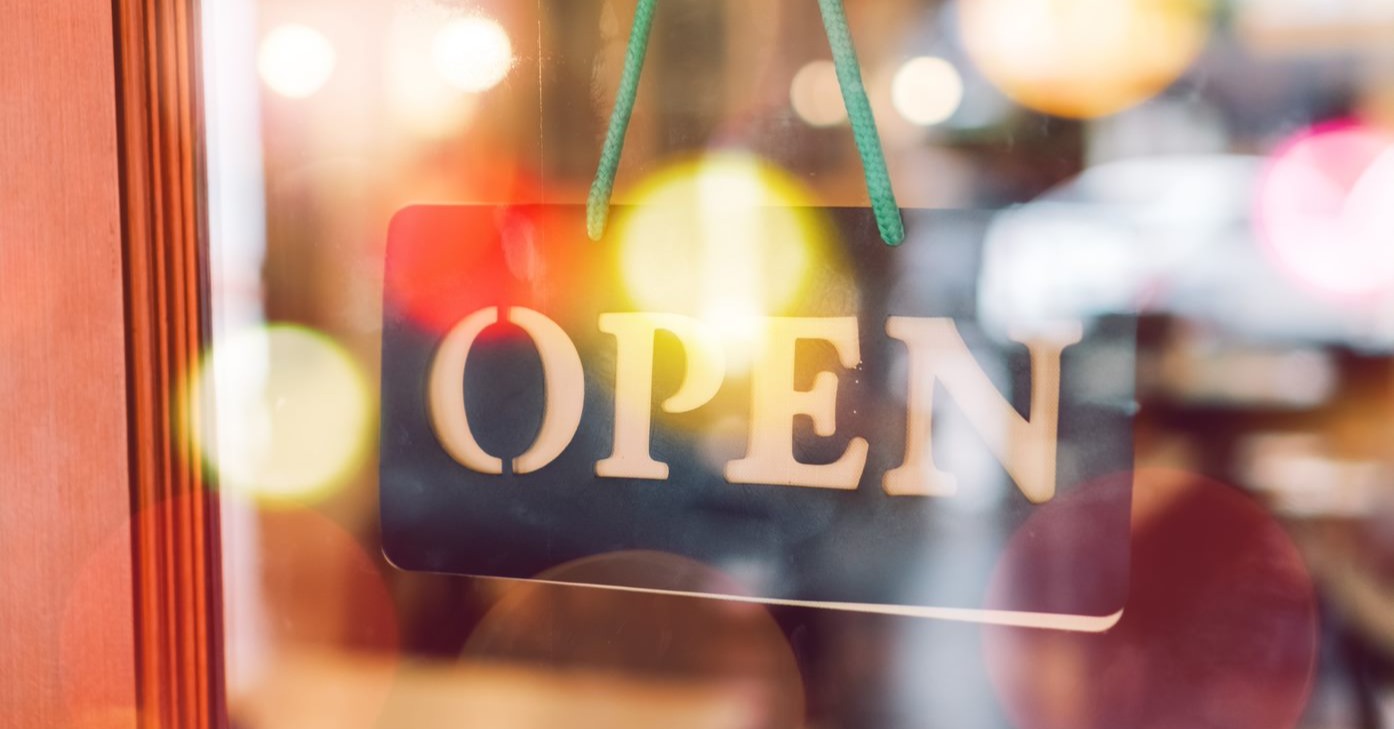
Back in the beginning of 2020, we conducted extensive research to quantify the economic value that can be unlocked through sharing data in shipping (and we’ve done just that). In those days, only a few people outside of those who study infectious diseases knew what "COVID-19" meant or what a “coronavirus” was. Today, we all do.
It should be clear to all of us that data sharing - often expressed in terms of the collaborative or sharing economy--is more than an abstract academic or economic concept. It can be a matter of life and death.
The responses to the COVID-19 outbreak have highlighted some of the best examples of data sharing, some of which are mentioned in our research. These examples show how countries, institutions and private industry have used shared data to help save lives, and will continue to do so.
Sharing in the economic sense is roughly defined as a host of activities based on acquiring, providing, or sharing access to goods, services and data, often facilitated by online platforms that connect buyers, sellers, partners and other stakeholders. Those ideas sound largely positive and progressive, but for a traditional industry such as shipping that has been built on paper-trails and closely held relationships, they may sound alien, if not intimidating.
The question becomes: how do we move from secrecy to sharing?
The concept of sharing can have many meanings and expressions. Another expression of sharing comes from Klaus Schwab, Founder and Executive Chairman of the World Economic Forum who has explored the move from shareholder capitalism to stakeholder capitalism. In this model, long-term success for companies is closely linked to that of their customers, employees, and suppliers. “To uphold the principles of stakeholder capitalism, companies will need new metrics,” he writes. “For starters, a new measure of ‘shared value creation’ should include ‘environmental, social, and governance’ (ESG) goals as a complement to standard financial metrics.”
Isn’t it ironic that the shareholder economy which actually includes the word “share” in its description now implies a closely held and narrow view of capitalism? In other words, the opposite of sharing.
It can be confusing. Sometimes to gain understanding it’s just as important to articulate what something does not mean as much as what it does mean.
In this case, sharing is NOT complete transparency where sensitive company information is exposed to everyone. Sharing is NOT losing control over information. In fact, sharing requires confidentiality, control and security. It is only with these in place that firms will feel comfortable with collaboration.
There are benefits to sharing. Those benefits include realizing significant economic value and the ability for us to meet the aggressive sustainability goals we want to achieve. Without sharing—without, first, thinking differently about sharing—we will struggle to meet IMO benchmarks.
More importantly, without sharing we'll be unable to respond to the next global pandemic, should it arise. Click below to download our report and learn how moving from secrecy to sharing will strengthen the maritime industry.
These Stories on Data Sharing